By investing in regular underage sales training, c-stores can remain responsible retailers and ensure they avoid hefty penalties
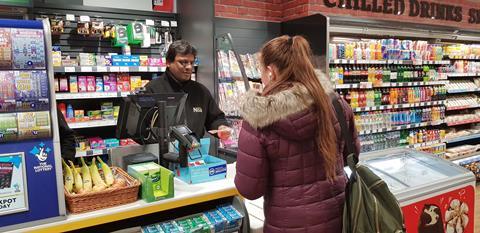
Despite the strict penalties surrounding underage sales and the widespread adoption of age-restriction policies, sadly, you don’t have to look far to find retailers falling foul of the law. A One Stop in Carlisle was ordered to pay more than £3,000 after a 15-year-old was sold four cans of cider earlier this year, while Royton Korner Shop in Oldham, Greater Manchester, was ordered to pay £2,700 for selling e-cig liquid to a 16-year-old.
Meanwhile, TSB News in Shoreditch, East London, had its alcohol licence revoked after serving vodka to school children, while a Spar in Raglan Terrace, Bradford, lost its licence after selling alcohol and cigarettes to underage teens.
“Falling foul of underage sales can certainly have significant repercussions for your business,” says Louise Sui, managing director at CPL Training Group, the UK’s largest provider of personal licence training in the retail and hospitality market.
Nicky Kaur of Anchor Wines in Aldridge, West Midlands, knows this all too well. “We had a test purchase five or six years ago and a member of staff served a 16-year-old,” explains Nicky. “The staff member asked for ID, but the girl [didn’t have any and] said she was 18. The staff member said ‘no’ at first, but there was a long queue and in the end she gave in.”
Nicky was severely punished. “I got a £2,500 fine and named and shamed on the front page of the local newspaper and she [the staff member] got fined £300. I sacked her as a result.”
Nicky now takes a no-nonsense approach. “Now I drum it into their [staff’s] heads to say ‘no’. We’ve been very strict on training since then.
“Customers have to be 18 to buy alcohol, but we do Challenge 25. I explain I can’t take the risk of losing my licence. I think doing training builds your confidence. You get the odd youth complaining “I’ll just go to the pub”. I tell them I don’t care.”
Another retailer taking a responsible approach to age-related sales is Gareth Hooton of Hooton’s in Golborne, Warrington. As the personal licence-holder for the business he is only too aware of the risks involved in underage sales.
“Breaking the law is the last thing we want to do,” he says. “Training makes sure we don’t get fined.” He claims that regular training sessions with the council have given him the confidence to take a strict approach to underage sales.
Gareth also operates a Challenge 25 policy and says when he does ask for proof of age he always makes a joke out of it. “I’ll say ‘I wish I looked as young as you’,” he says.
The approach is backed up by the store’s epos system. “We’ve got an age button on the till. If we serve an item with age restrictions, it prompts the sales assistant to look and ask whether they are old enough. The screen tells the staff member the date that the person needs to be born before to be old enough to make the purchase. The staff member has to override the sale on the till.”
Premier Wharfedale in Hull takes an equally firm stance on underage sales. “Losing our lottery or alcohol licence would have a massive affect on us,” says owner Sam Coldbeck. “Customers know that if you’re lucky enough to look under 25, then bring ID. When we pick up a bottle or cigarettes, we scan them and the till gives a prompt to ask for ID. It’s very politely done and it’s run of the mill – it’s normal. It doesn’t come across as a personal attack on customers, they don’t tend to get abrasive. It’s about making it part of the routine, like asking for a carrier bag.”
Simply presuming staff know the rules isn’t good enough, she asserts. “Retailers might think staff know how to behave, but you have to have the responsibility of staff being trained properly. Everybody’s got to be singing from the same hymn sheet. Ultimately, it’s the retailer’s responsibility. A staff member [who processes an underage sale] can get a job elsewhere, but the retailer will lose their business. They need to understand the consequences.”
She claims that refusing underage sales is built into staff members’ normal training schedules. “If we take a new member of staff on we take them through it from scratch,” she says. “They work through training packages and they’re shadowed for three weeks. Then we go through various scenarios with them and ask how they’d tackle it.”
Sam says she has taken full advantage of free access to training materials online, created through Booker’s links with training provider CPL.
Sui says: “Topics such as underage sales prevention and age verification are typically delivered via our e-learning solutions which provide a cost-effective and engaging method of delivery. All e-learning is recorded in one central location so keeping track and checking compliance is simple.”
When it comes to underage sales, Sam is convinced that online learning is conducive to effective learning. “Staff like the online training – we don’t give them homework – everything they do, they do in staff hours. It’s all done in-house and they aren’t waiting for an assessor to come in. They feel more comfortable in a quiet room where they can do the test, and they’re happier that they know the law. We want staff to have the best chance to not break the law.”
Kay Patel, who owns five Best-one and Global Food & Wine stores in London, admits he has such a strict underage sales policy that staff regularly turn customers away. “We give away 5-6% of alcohol sales because we are so diligent,” he says.
“We have a staff training book we hand out when people join us. Plus, twice a year we ask them to re-read it. We create tests in-house with multiple choice questions. It just shows they know what they’re doing.”
He also checks that refusals are correctly logged. “Twice a year I pull out our online refusals log and staff that don’t have any, I kick their arses – they need to be checking and recording.”
Ensuring you are providing your team with appropriate and regular training is a simple and effective way to ensure you are retailing in a responsible manner, notes CPL. “As a minimum, we would suggest all employees complete full training in areas such as underage sales prevention and age verification every year, with refresher sessions held in-store every six months or when seasonal items, such as fireworks or Christmas crackers, come in-store,” says Sui.
Middlesbrough Go Local retailer Bay Bashir is a keen advocate of regular training. “I have a good team around me,” he says. “I invest a lot of money in staff training. Every week we do in-house training. Everyone who works for me has to be a personal licence holder within 12 months of working for me so an outside buddy comes in and does our basic training, and we go through age-restricted sales training with staff as well.
“It’s something that I’m quite passionate about, I want to make sure we get it right. They get a certificate signed off, with refreshes twice a year, and then we have our own in-house training every week. You’ve got to give them the right tools to do the job.”
Sui couldn’t agree more. “Having an effective training programme in place ensures that you meet your legal requirements and shows that you are a business that invests in its employees and community,” she says. “Training allows people to expand their knowledge in their job role and take pride in what they do. The main objective of training is to change behaviour. The aim is to ensure that all employees progress not only professionally, but also through self-development.
“A person who has been trained will be confident in their job and daily duties and will have a sense of responsibility for due diligence. This will, in turn, protect your business and your customers.
She adds: “Training helps eradicate potential human error as the team member has the knowledge and the skills to deal with a situation as it arises.
“It’s also important that they understand that they also have a legal obligation and can be personally held accountable. By ensuring they understand their role and responsibilities you will naturally see people take ownership.”
Indeed, training your staff thoroughly on underage sales can dramatically reduce the number of attempts shoppers make in the first place. “Underage sales aren’t as bad as they used to be for us,” says Gareth. “The [underage] locals know we ID and they aren’t going to get away with it.”
Sam concurs: “I think it’s a lot like firefighting – the more people know you have a good training regime in place, you don’t have people attempting it.
“Staff are the weakest link if they are poorly trained. More than anything, making sure that link is as strong as possible to protect your licence is crucial. And consistency – leave customers in no doubt as to how they’ll be treated.”
Your chance to shine
If you take pride in training your staff, giving them the tools to maintain high standards, improve your store’s performance and take your business to the next level, then we want to hear from you.
Why not put your store forward for Best Training Initiative at The Convenience Awards. Our all-new awards celebrate excellence within our sector and take place on Thursday 14 May 2020 at Exhibition London in West London. The awards are sponsored by a host of industry experts, including CPL Training Group. For more details on this unmissable event, click here.
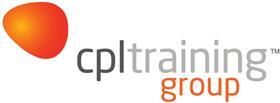


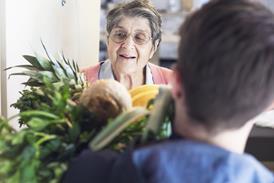
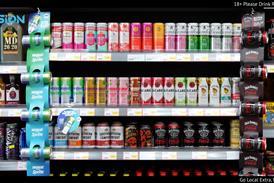
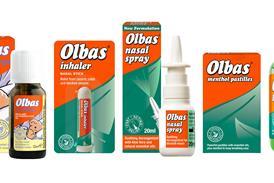



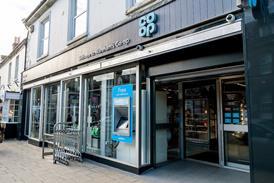
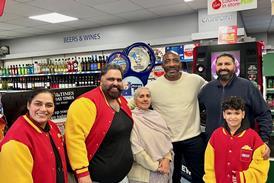

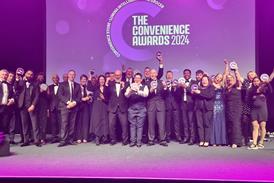
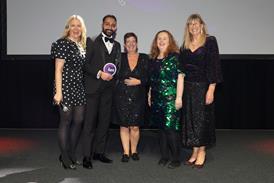





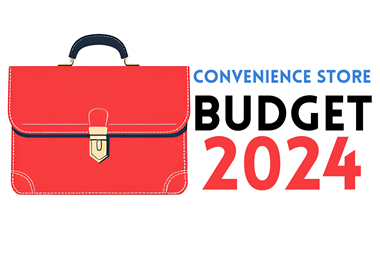
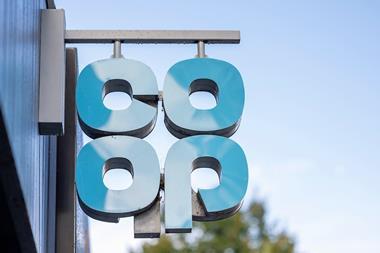
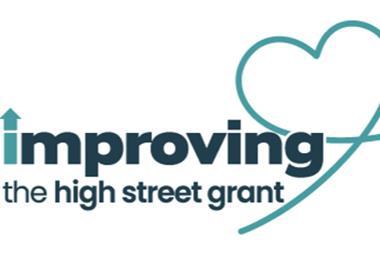
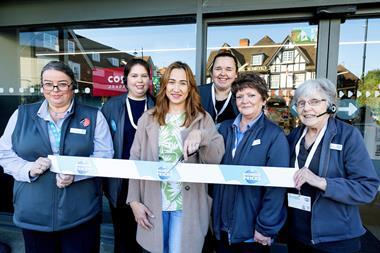
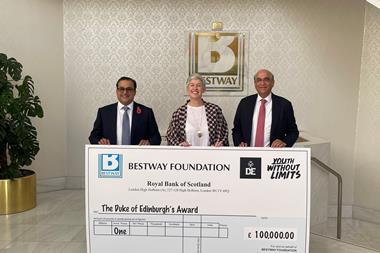
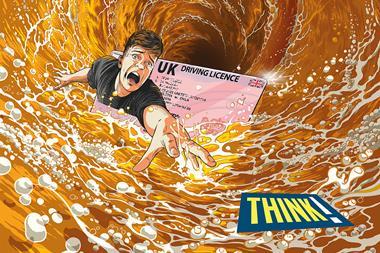
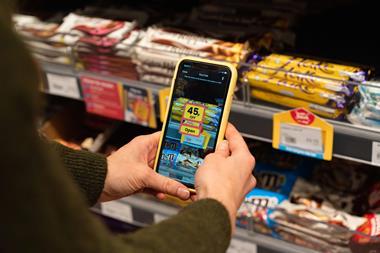

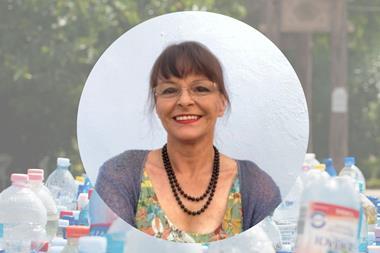
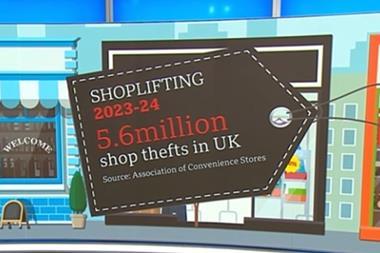
No comments yet